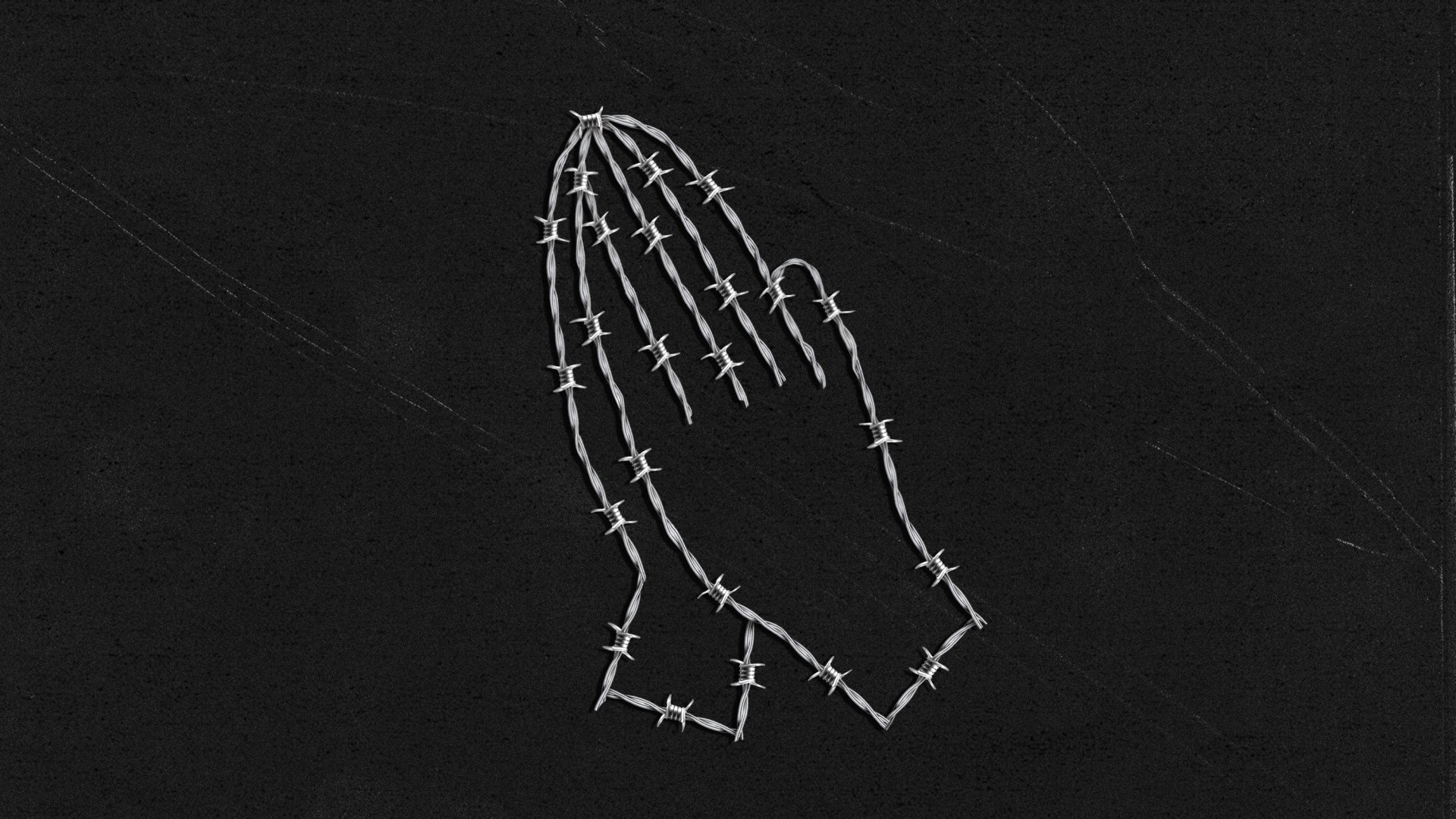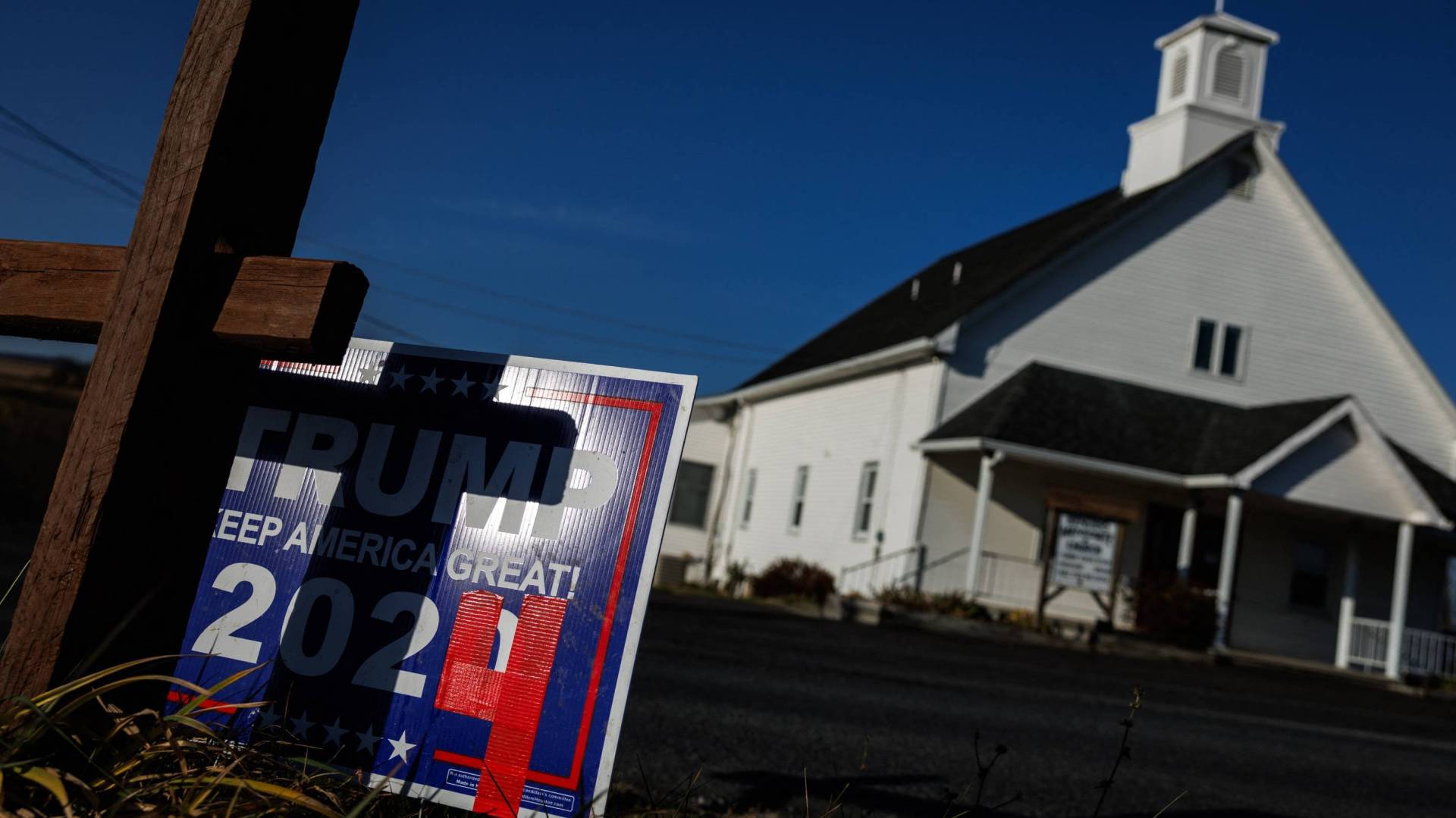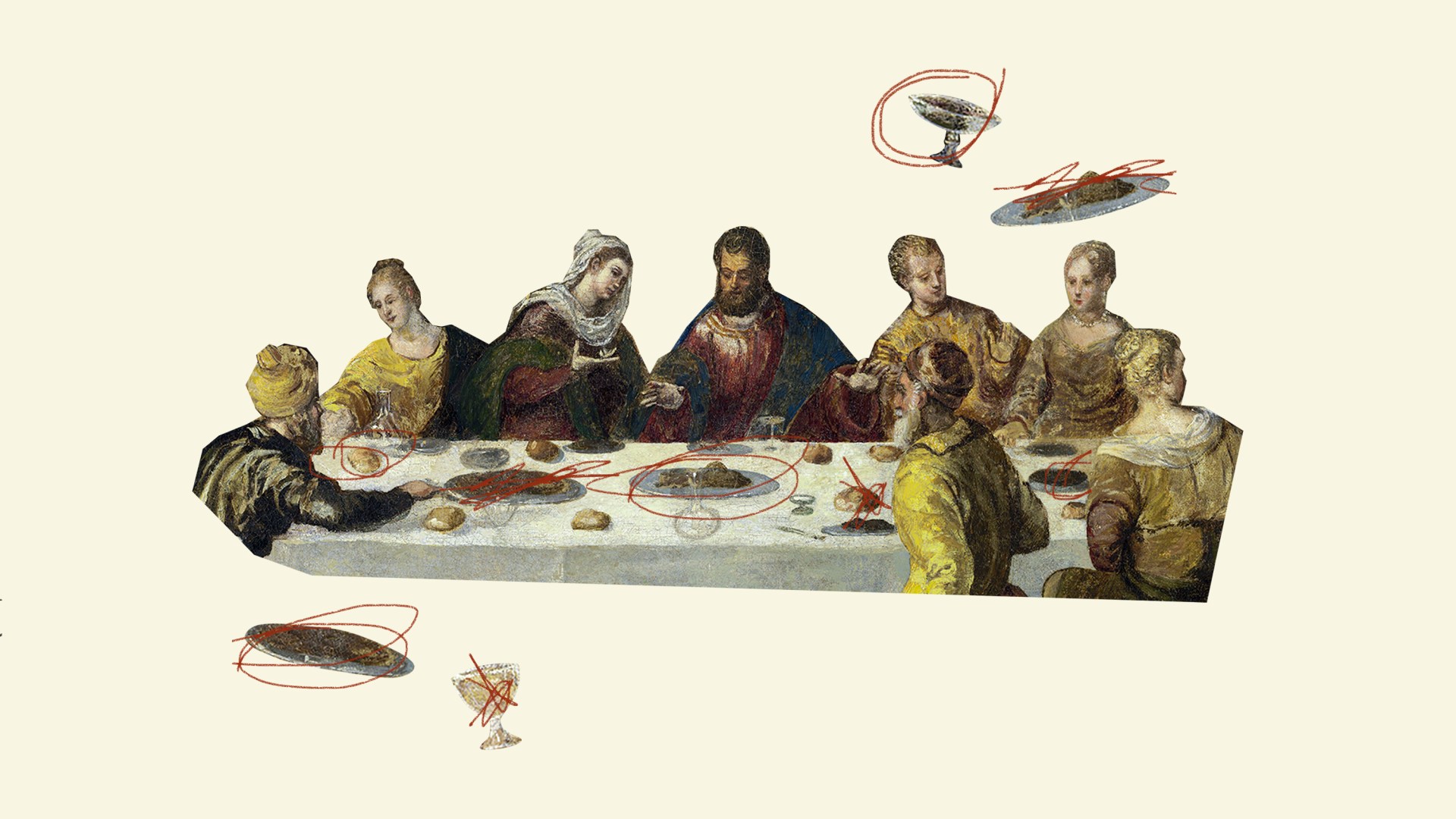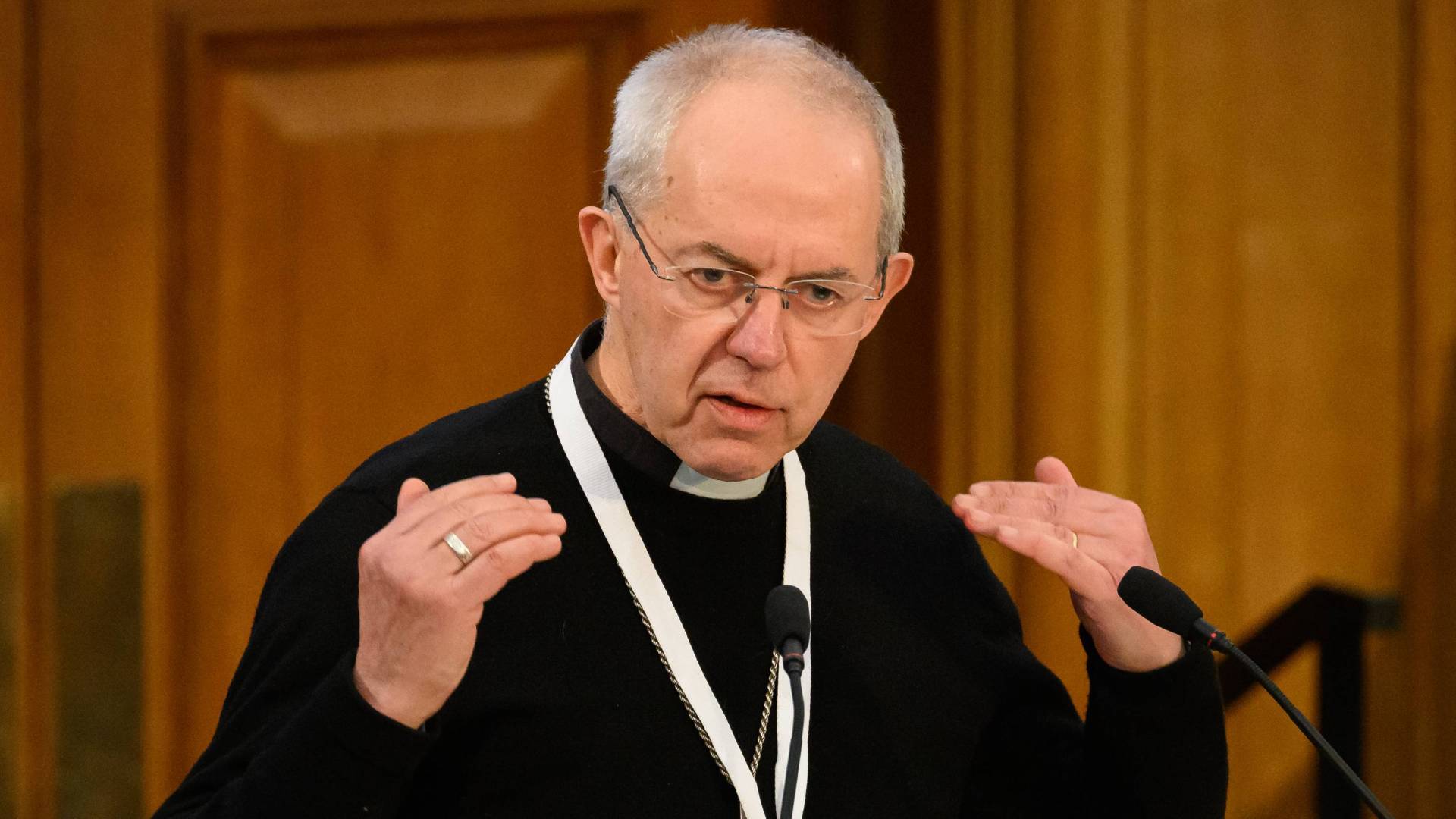Each November, the World Evangelical Alliance (WEA) calls for an International Day of Prayer for the Persecuted Church and encourages churches around the world to participate. We think the global church should invest more prayer and resources in supporting brothers and sisters in challenging countries. But beyond that, hearing their stories and priorities helps us remember what should be important in our own lives.
Below, six Christian leaders dealing with threatening situations around the world discuss what they have faced or are currently experiencing and suggest how to pray for those under persecution.
David Sangbok Kim
Senior pastor, South Korea
Why I pray: In 1950, I fled North Korea for South Korea at age 11 with three of my older siblings. We were separated from our family for decades. After studying theology in the US, I eventually returned to Seoul as a pastor.
In 1984, I finally went back to North Korea. When I met my mother, then 80 years old, she surprised me by singing “O For a Thousand Tongues to Sing” and other hymns that she used to sing with me as a child!
My mother had brought me to faith in Christ before I left home, but my younger siblings, who had stayed in North Korea, were surprised to discover her faith in Christ, which she had sustained secretly for over 30 years.
My mother told me that she prayed alone, in tears, in the corner of her room when no one was around. She had to bury her Bible and hymnbook in the yard. If these items were ever found in the house, the whole family could be sent to a labor camp until they died. My younger siblings, had they known that their mother was doing such things, would have been required to report her to their teachers, who in turn would have had to tell the police.
How I pray: Pray for the secret Christians in North Korea. To survive, they have to hide their faith. Pray that they may continue to remember the gospel story in their hearts. Pray also for opportunities to share the gospel safely. Pray that the North Korean government may be changed to one that permits freedom. And pray for the Chinese government to send North Korean defectors to South Korea, not back to North Korea.
Jack Sara
President, Bethlehem Bible College, Palestine
Why I pray: For centuries, the church in the Middle East has lived in survival mode.
Conversion to Christianity is illegal in most countries. Even in nations with less extreme regimes, conversion can provoke public outrage. Family members often consider conversion a source of dishonor, leading to significant internal strife.
Anti-Christian sentiment has been growing in the Holy Land, particularly among Jewish groups in Jerusalem. The recent rise of radical Islamic movements has also intensified hardships for Christians in the region. ISIS has specifically targeted Christians for extermination or expulsion, leading to a mass exodus from areas like the Nineveh Plains, a historically Christian region in Iraq.
How I pray: Pray that God will raise up resilient leaders who will set an example of courage and faithfulness, guiding the church through ongoing pressures. Pray that Christians in other parts of the world will not only provide practical help, support, and encouragement to these communities but also learn from their endurance, recognizing the deep spiritual insights that emerge from their struggles.
Ed Retta
Latin America director, WEA Global Institute of Leadership
Why I pray: Three Latin American countries currently stand out as places where Christians are threatened. In Venezuela, there are two groups of Protestants: one that operates with government consent and one (affiliated with the WEA) that does not. Thousands of Christians have left the country, mainly due to its severe economic hardship.
In Cuba, the church has been under persecution ever since Fidel Castro’s rise to power in 1959. Churches are not allowed to construct buildings. All institutions are controlled by the government. Government informants are in every church. The government tends to favor religions such as Santería and witchcraft while opposing the church. Many pastors and Christian leaders have left Cuba due to dire economic need.
Nearly half of Christians in Nicaragua are evangelical, but its government is openly hostile to Christians. Officials have shut down Baptist, Adventist, and Catholic universities and have forced churches to close while denying them legal standing. Some Christian leaders have suffered beatings in front of their homes.
How I pray: Pray for the church in these countries to persevere boldly as an effective public witness, to be protected from government abuse and bullying, and to embrace and leverage the positive results of persecution—namely, enhanced devotion, endurance, and purity. And pray that the global church will become informed and care.
Mike Gabriel
Head of religious liberty, National Christian Evangelical Alliance of Sri Lanka
Why I pray: In many parts of Asia, persecution is a daily reality for many Christians. It often comes in the form of social exclusion, discrimination, and violence. Today, we are witnessing an evolving landscape of violations. On one hand, we are seeing increased state restrictions and involvement in matters of religious expression. One example is state regulation of places of worship. On the other hand, we are seeing rising religious intolerance, targeted online hate, harmful content against religious minorities, and an intensification of disputes concerning sacred sites. On top of this, we cannot overlook the gendered dimensions of religious freedom violations, particularly affecting minority women of faith.
How I pray: Pray for the work God is doing in us—building patience, strengthening witness, deepening love, and shaping us so that we can transform others. Ask God to use these hardships to strengthen his people and grow his kingdom. Pray also for forgiveness, that the hearts of our persecutors may be softened and that we can continue to shine brightly for Christ in our communities.
James Akinyele
Executive secretary and CEO, Nigeria Evangelical Fellowship
Why I pray: Nigeria currently leads the world in the number of deaths related to religious violence. More than 50,000 Christians have been killed in the last 15 years. Others have been wounded, sexually abused, forcibly displaced from their homes, and utterly traumatized. Christians have been left destitute by the destruction of their farmlands and villages, and some have been unable to return because the attackers have taken over their properties.
We are not seeing an end to these atrocities. The government is aware of these incidents, but action is limited.
How I pray: Pray for our government to have the political will to act against Islamic militias; for the international community not to turn a blind eye but to engage with Christian organizations and to support victims through seeking justice and redress; and for the Christian community to persevere and receive justice.
Helene Fisher
Chief advocacy officer, Gender and Religious Freedom, UK
Why I pray: Persecutors use every means at their disposal to diminish the strength of the Christian community. They favor persecution that brings shame and provokes rejection of believers. Therefore, what happens after an incident can leave as significant an impact as the event itself.
Community rejection of victims is integral to the experience of persecution, and persecutors rely on it for success. When an incident of persecution results in the body of Christ acting unlike Jesus, then the Adversary has won.
At the Fourth Lausanne Congress in September, I heard from a woman who escaped from the Boko Haram terrorist group. She said the biggest shock she received was that she wasn’t welcomed as a survivor when she reached home. Instead, she was treated as a tainted, shameful outcast.
How I pray: Pray for God’s persecuted children to have the courage to live in the fullness and power of his blood shed for us. Ask that the church may resist cultural pressures to reject or belittle those who have suffered sexual assault, lost their jobs, or been in prison. Pray that the church can become a community of trust, freedom, empowerment, and acceptance (John 13:34–35) and that it may glorify God even when words are forbidden.
Peirong Lin is the deputy secretary general of the World Evangelical Alliance.




































































